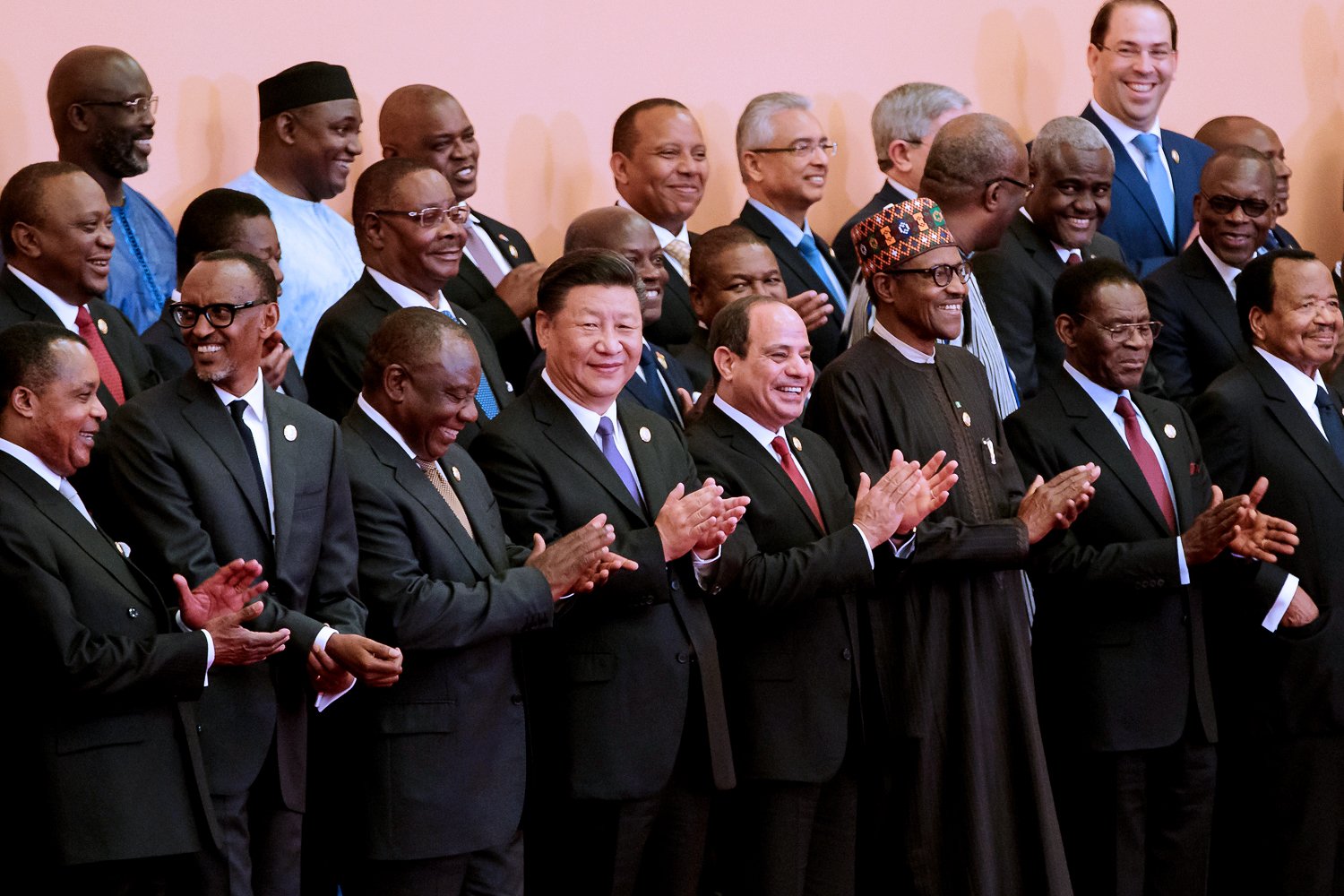
Edited By Edson Baraukwa | Africa Guardian
The upcoming Forum on China-Africa Cooperation (FOCAC), set to take place in Beijing next month, marks the ninth installment of what has become the largest of the “Africa + 1” summits. The last gathering was hosted by Senegal in 2021.
Spanning 24 years, FOCAC has emerged as a key platform for South-South cooperation, significantly shaping China-Africa relations. The upcoming summit will be the fourth FOCAC meeting elevated to a head-of-state level, following similar summits in 2006, 2015, and 2018.
Despite being an informal arrangement with no treaty or permanent secretariat, FOCAC’s consistent triennial gatherings since 2000 have provided much-needed stability and predictability in Sino-African interactions. This regularity has contributed to the steady growth of diplomatic, economic, security, cultural, and developmental ties between the two regions.
Over the years, FOCAC has expanded both in size and scope. While the inaugural summit in 2000 was attended by 44 African states, the 2021 meeting saw participation from 53 states, including the African Union (AU) Commission. The summit’s agenda has also grown significantly, with the length of the Action Plan increasing from 3,000 words in 2000 to over 12,000 words in 2021. This evolution reflects the broadening of topics addressed, from traditional concerns like trade and infrastructure to newer issues such as digital technology, green development, and industrial capacity cooperation.
In the realm of security, the Action Plans have evolved to address a wider array of challenges, including arms trafficking, illegal immigration, pandemics, law enforcement, natural disasters, and anti-corruption efforts. The once top-heavy, government-focused nature of FOCAC has gradually shifted towards a more inclusive approach, now involving legislatures, political parties, judicial institutions, local governments, the AU, and various regional economic communities.
The 2006 Plan marked the introduction of cooperation in areas such as media, youth and women’s issues, and environmental protection, while the 2009 Plan introduced people-to-people and cultural exchanges, reflecting a shift towards a more dynamic and less formal relationship.
FOCAC has also become increasingly institutionalized, with 28 sub-forums now driving the China-Africa agenda in specific areas. These include the China-Africa People’s Forum, the China-Africa Law Enforcement and Security Forum, and the China-Africa Peace and Security Forum, among others. Additionally, structures like the China-Africa Joint Business Council, China-Africa Chamber of Industry and Commerce, and the China-Africa Youth Festival contribute to the deepening of the partnership. Special funds, such as the China-Africa Peace and Security Fund and the China-Africa Development Fund, ensure that resources are allocated to priority areas.
In preparation for the summit, several sub-forums, such as the China-Africa Economic and Trade Cooperation Forum and the China-Africa Think Tanks Forum, have already convened to discuss key issues.
From an African perspective, economic cooperation will be a top priority at this year’s summit. Africa’s economic growth slowed to 3.1% in 2023, down from 4.1% in 2022, largely due to external shocks such as high energy and food prices and a debt crisis affecting over a third of African nations. Enhancing cooperation in trade, investment, industrialization, development finance, and infrastructure will therefore be of paramount importance.
The summit also comes at a time when the global order is in flux, with rising tensions between major powers and a weakening of multilateralism. FOCAC is expected to reaffirm the solidarity between China and Africa on global issues like peace and security, climate change, and the reform of global governance institutions.
However, a significant concern remains: Africa is once again approaching FOCAC without a unified position on China. Without a coherent strategy, African nations often compete for bilateral deals based on narrow national interests, leading to suboptimal outcomes for the continent. In contrast, China has developed three distinct Africa policies over the years. It is crucial that African leaders approach FOCAC with a collective China policy, enabling them to engage with China in a more coordinated and effective manner.
___
